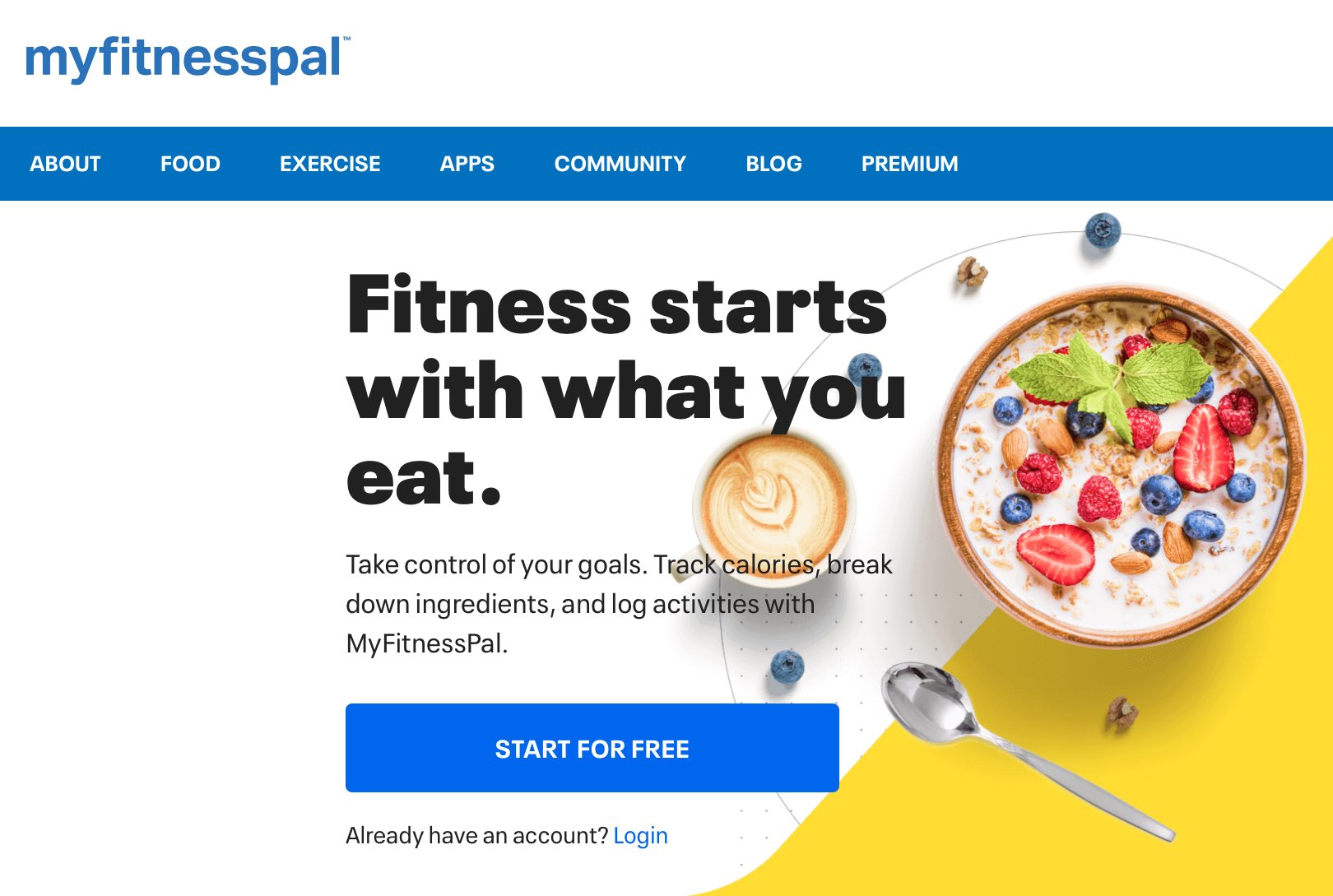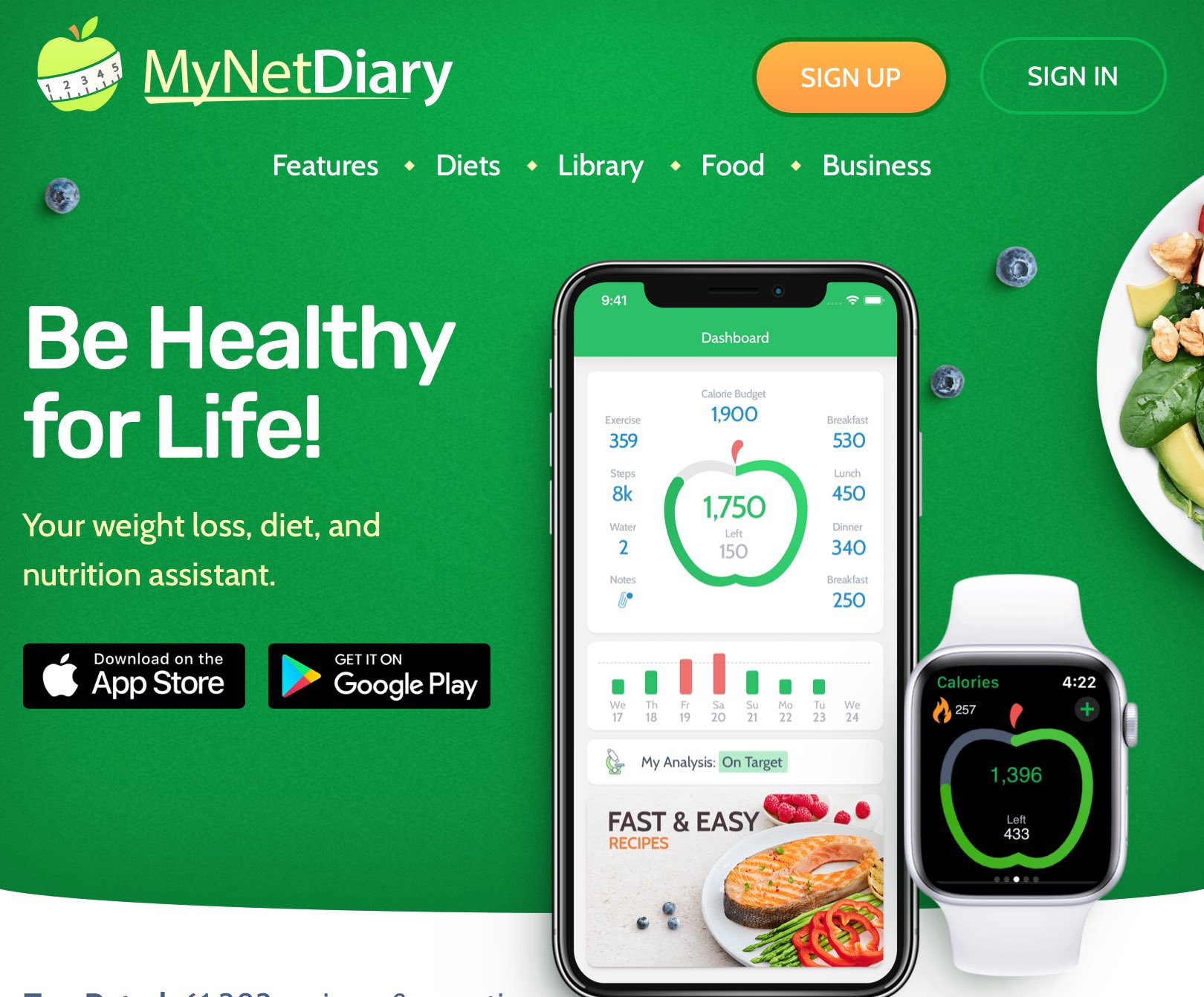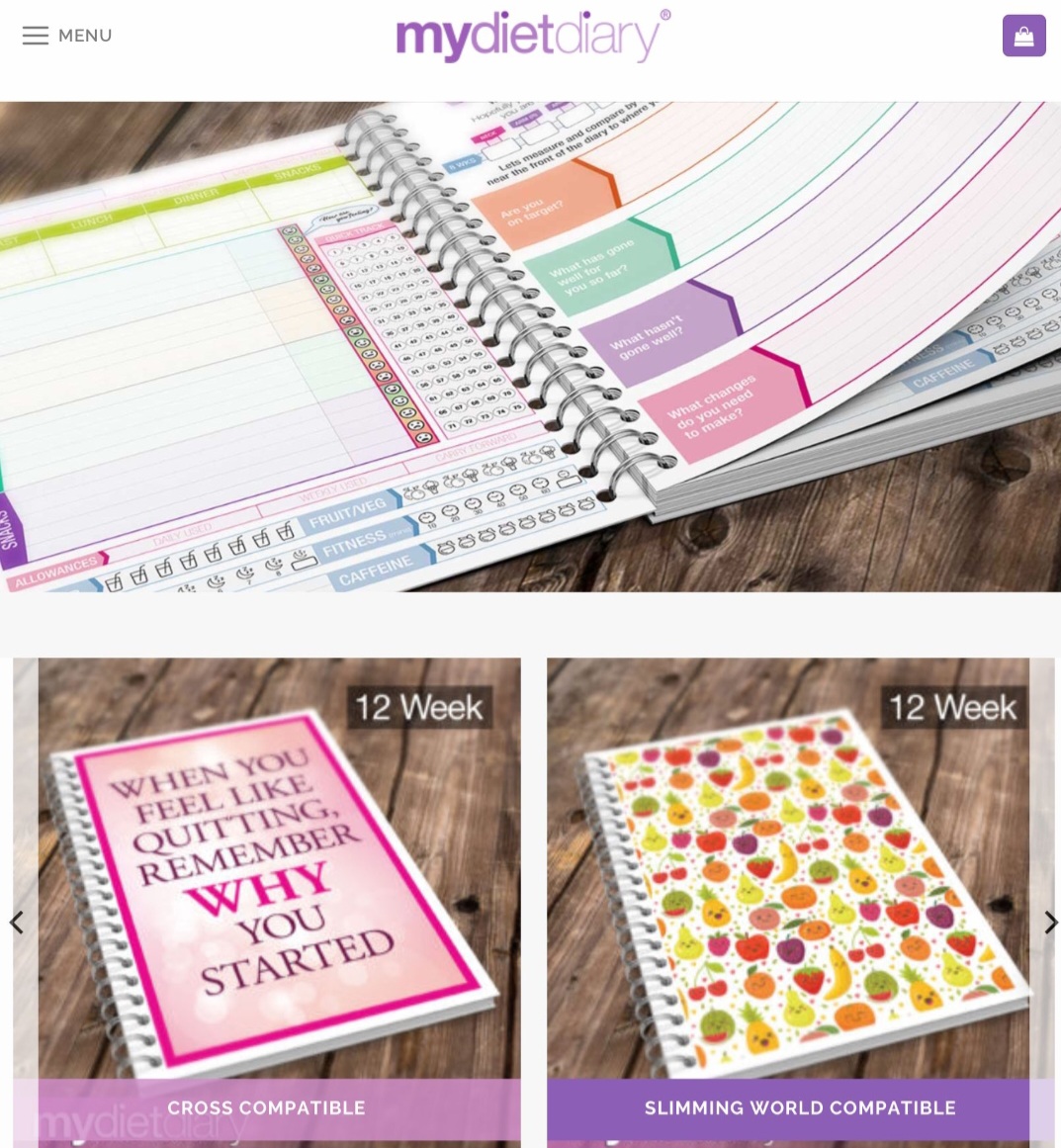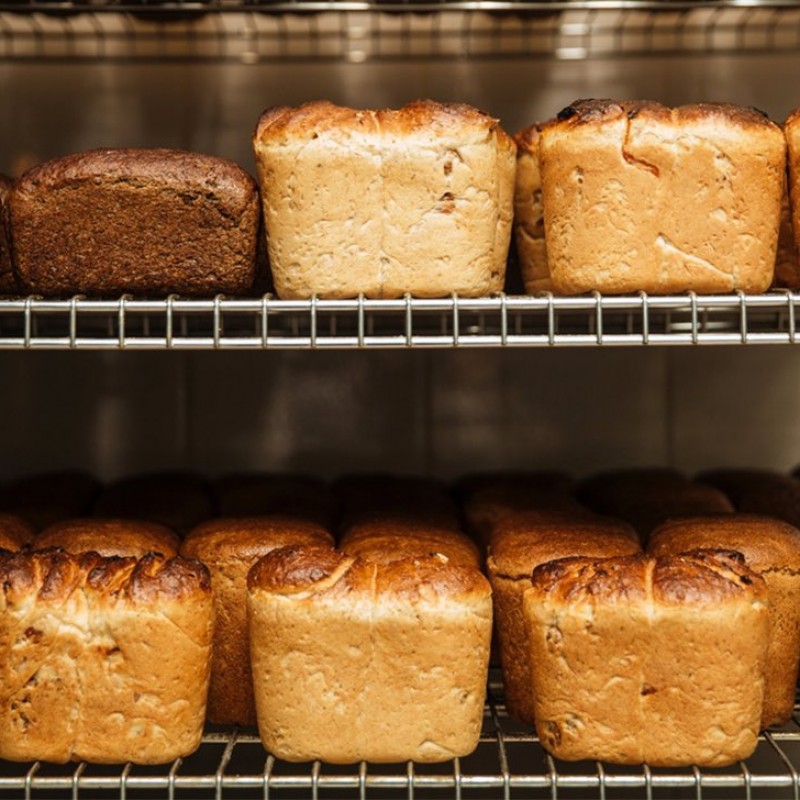Calories
A unit of measure and a method for expressing an amount of energy.
Vital in supporting life and health, and helping to maintain key body functions, such as the functioning of cells.
The body converts calories from food into energy. This energy is used immediately or stored for later use according to the body's needs
Why do we count calories?
There are many reasons for counting calories. In general, doing this allows measuring how much energy the body consumes per day.
In general, if a person takes in more than the body uses, he begins to gain weight, and if he takes less than his body requires, he begins to lose weight.
How many calories does the body need?
The number of calories a person should consume depends on:
•the weight
•sex
•Age
•Height
Activity levels
Best calorie counting apps
Several free apps available on iPhone and Android help count calories, including:
(MyFitnessPal)
Tracks calories, micro and macronutrients, and also has free recipes and health articles.

(MyNetDiary)
Tacks exercise, steps, water and calories in a meal

Lose It
Measures weight, body fat, sleep, water adequacy, daily exercise, body measurements and nutrients

(mydietdiary)
Tracks calories, exercise, hydration, and has support forums

Fooducate
Helps track mood, exercise, sleep and hunger, as well as calories

How to weigh and measure portions?
Most foods and drinks have labels indicating portion sizes - in cups, milliliters, grams, pieces, slices, or numbers.
Looking closely at them can help you count calories and maintain a healthy weight.
For example, if the label on an ice cream cup shows that a 2/3 cup portion contains 230 calories, a person can know exactly how many calories they will be consuming. But if a person had 115 calories left that day, they would only consume 1/3 cup to stay on track.
Calorie counting tips
The following strategies may help count calories:
Keeping a food diary
Use the calorie counter app
Having a meal plan designed to provide the necessary number of calories
Aim for slow, steady changes in weight


